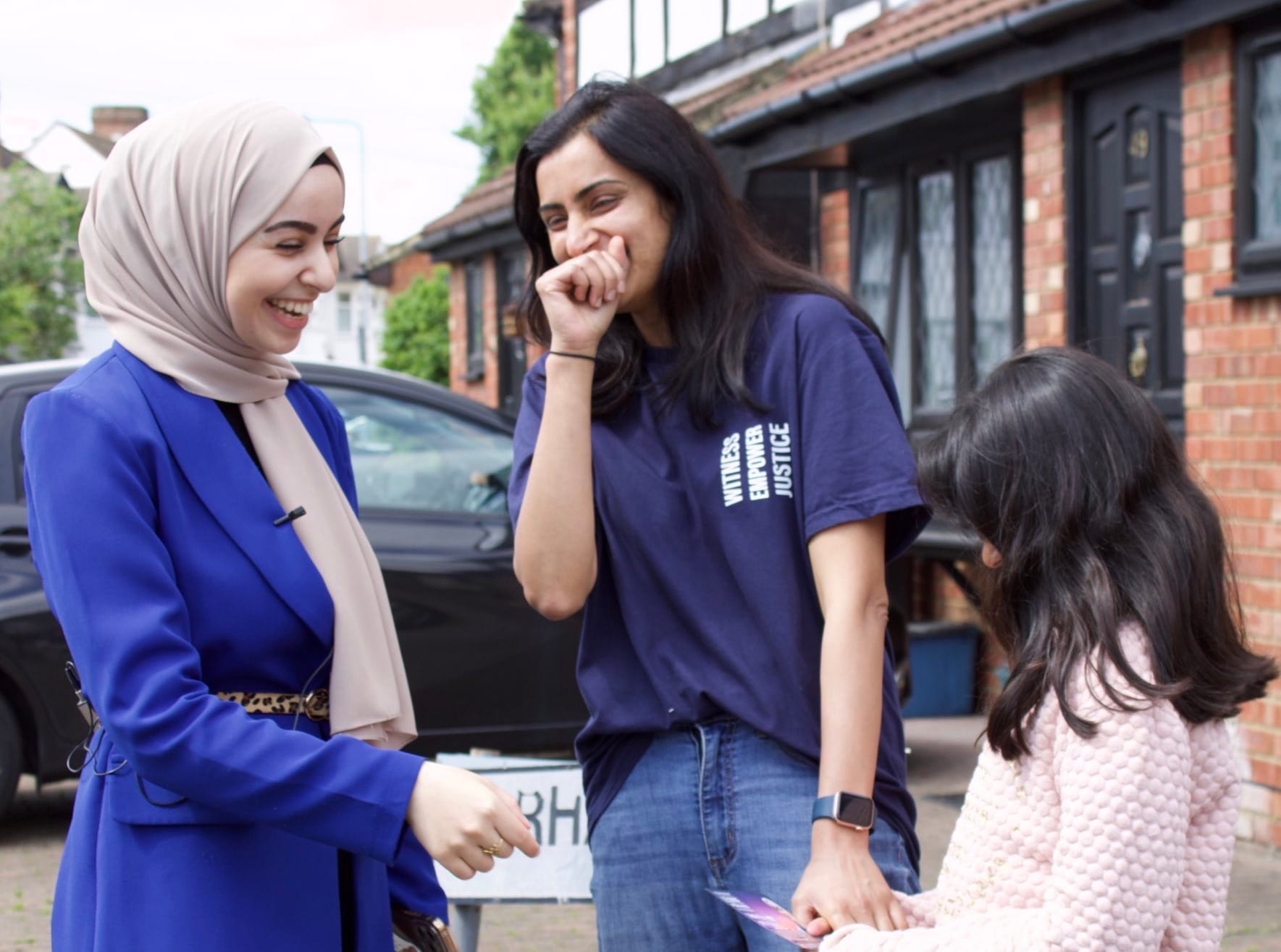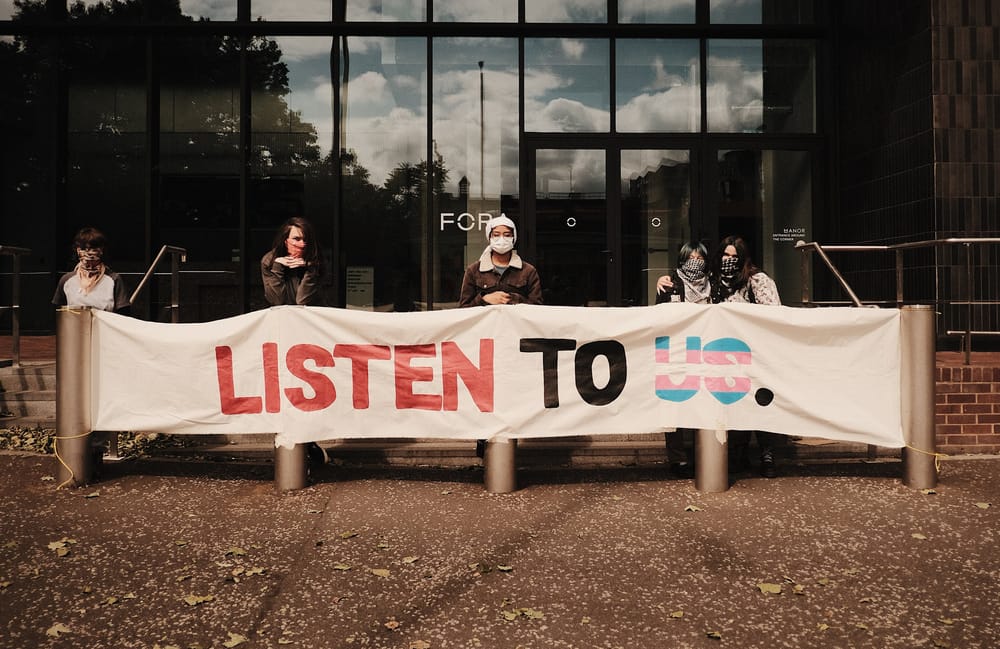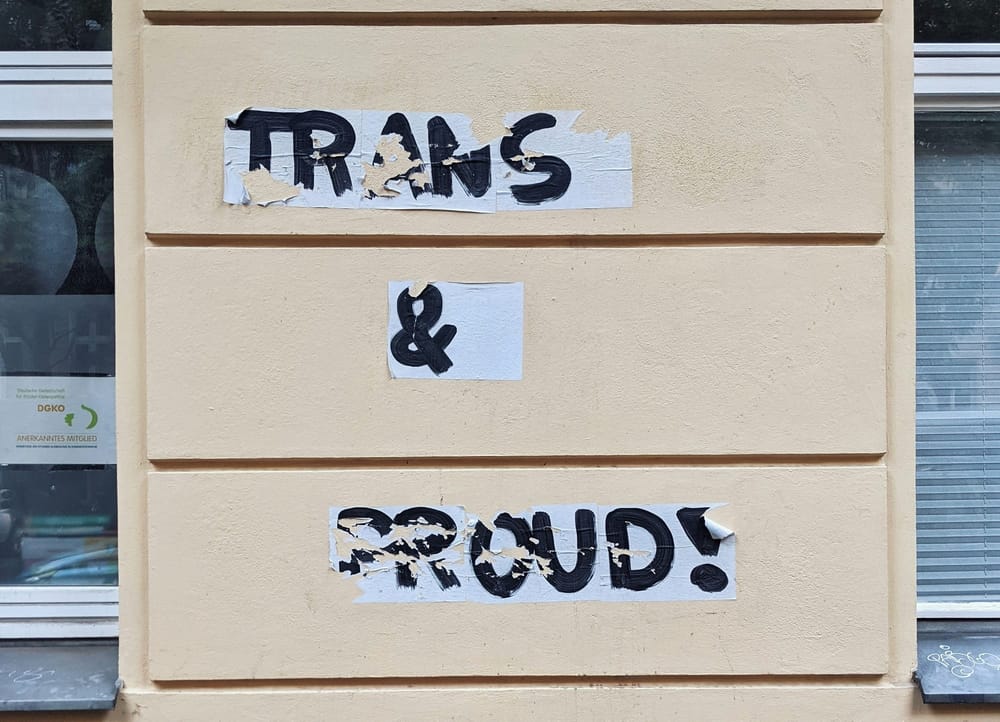‘The election showed that Muslims and other people of conscience can weaken the two-party duopoly’
The Muslim Vote provided a crash course in grassroots organising. What followed demonstrated why British Muslims can’t rest on our laurels.

The race riots that engulfed the UK at the start of August capped off a tumultuous and sobering six weeks for the British Muslim community. Having organised rigorously as a bloc and succeeded in staging a political earthquake during the general election, what should have been a historic moment of reflection for the British media and political class instead became open season to smear the Muslim community. Weeks later, in a devastating illustration of cause and effect, far-right thugs rampaged across the country firebombing mosques, desecrating Muslim gravestones and stabbing a Muslim man.
The election campaign saw the mainstreaming of the flames of intolerance that had long been fanned by Britain’s media and political establishment, placing minority communities firmly in the firing line. But as 4 July approached, Muslim organisers sensed an opportunity: the gulf between the public and both major parties on the issue of the Gaza genocide had widened into a chasm, and there were gains to be made for pro-Palestine challengers. With Labour floundering, many of their long-term voters had simply had enough.
British Muslims have historically voted for the Labour party in droves, and especially under former leader Jeremy Corbyn; in 2017, 85% of Muslims who went to the polling booths backed Labour, and a similar number turned out in 2019. But over the last 11 months, the party has driven many of them away. The writing was already on the wall in the local elections in May: Labour celebrated a string of successes in councils and mayoralty contests but the party’s election chief admitted that the party’s stance on Gaza contributed to a collapse in support, especially within the Muslim community.
“You would expect their sense of moral duty, their humane side, to have come out and it hasn’t. That trust is lost,” one Muslim voter told the Guardian at the start of this year. “Labour thinks Muslims are going to vote for them anyway, but they have to understand this has changed now,” another warned.
Enter The Muslim Vote (TMV). Formed in the aftermath of parliament’s rejection of a ceasefire motion in November, it is a volunteer-led organisation which set out to mobilise British Muslims and coordinate their political engagement ahead of the July election. They put their weight behind a slate of independent candidates who launched campaigns aiming to present an alternative for disillusioned voters, especially those who felt neglected by Labour.
It worked. Prior to the election, only seven independent candidates had ever been elected to parliament. In the 2024 election alone, five independents won seats – all of whom were endorsed by TMV.
“The aim was to show the Labour party that we could take votes away,” TMV coordinator Abubakr Nanabawa tells Vashti after the election. “We are aware of the complexities of the first-past-the-post system and how it favours the two main parties. But we wanted to show them that we are not fodder who will vote blindly come what may, even as the party works against our interests.”
Nanabawa is keen to emphasise that the organisation’s approach was entirely community-driven. “We’d been speaking to people up and down the country, gauging reactions and trying to answer the fundamental question: how can we maximise impact?”
Writing in the Telegraph after the election, Jewish Chronicle editor Jake Wallis Simons dismissed TMV’s campaign as one characterised by “religious and ethnic allegiances” and concerned only with “myopic preoccupations”. Yet the reality of the operation paints a different picture.
“Even before our formation and before we endorsed a single candidate, locally sourced and organic movements were blossoming, organising for a shift away from the status quo,” Nanabawa says. “In many instances, we merely supplemented these by adding our endorsements, calling for unity and ensuring everyone was fighting for the same objective.
“We applied the same benchmark to all of them,” he continues. “Not just, ‘How unequivocal are they on Palestine?’ but also, ‘Where do they stand on the NHS?’ and, perhaps most importantly, ‘Which candidate has the most backing in the community?’ We weren’t interested in mirroring the two big parties and just parachuting candidates in.”
The outcome was a crash course in diligent grassroots organising. A third of the candidates endorsed by the Muslim Vote either won or came second in their constituencies.
In the 21 seats where more than 30% of the population was Muslim, Labour’s vote share plummeted. Notable triumphs were in Labour safe seats like Dewsbury, Blackburn, Birmingham Perry Barr and Leicester South, where independent candidates – Iqbal Mohamed, Adnan Hussein, Ayoub Khan and Shockat Adam, respectively – were elected at the expense of Labour MPs. In Islington North, former Labour leader Jeremy Corbyn, endorsed and supported by TMV, held the seat he had represented for Labour since 1983 with a majority of more than 7,000, as an independent candidate.
Where Labour MPs held on, safe seats were turned into marginals with wafer-thin majorities, like Birmingham Ladywood and Bethnal Green and Stepney. Even Keir Starmer faced a scare in Holborn and St Pancras, with his majority being slashed in half thanks to a valiant campaign by TMV-backed Andrew Feinstein.
“The election showed that when Muslims and other people of conscience focus their efforts on viable constituencies, they can weaken the two-party duopoly and work towards creating a better society,” Muhammad Jalal, a political scientist and host of the podcast The Thinking Muslim, tells Vashti.
An avalanche of Islamophobia
Yet the reactions to TMV’s campaign, especially in the right-wing media, were incensed and laced with intolerance, and played fast and loose with the facts. A commentator on TalkTV, for example, described it as “very troubling” and reminiscent of a “Muslim Brotherhood strategy” to see a network of Muslim groups coordinate their political action under the umbrella of TMV; the host nodded along in agreement. Stephen Pollard, the former editor of the Jewish Chronicle, warned in that newspaper against giving in to “those Muslims whose aim is for politics to be a sectarian battle”.
There have also been repeated yet unsubstantiated allegations of bullying and intimidation against TMV organisers — for example from Jonathan Ashworth, the former Labour MP who lost his seat to independent candidate Shockat Adam in Leicester South. These claims received infinitely more coverage than any bullying done by Labour supporters on the campaign trail and in its aftermath, including that which was directed against TMV and Muslim activists.
In a statement after the election, TMV revealed: “Since Jonathan Ashworth and other defeated Labour candidates started briefing the media about alleged abuse they faced and laying the blame at the feet of our campaign and at the independent MPs, the level of Islamophobic hate directed at us has increased significantly.”
In Ilford North, 23-year-old British Palestinian Leanne Mohamad ran an organic, inspiring campaign that came close to unseating one of Starmer’s key allies, Wes Streeting, with only a fraction of the resources at her disposal; she lost by only 15,647 votes to 15,119. She, too, came up against an avalanche of vitriolic attempts to undermine her.
This included a letter published in the Ilford Recorder a week before the election, suggesting that Mohamad’s campaign was part of an Islamist plot, and that all patriots had to vote for Wes Streeting to save Ilford from falling prey to a theocracy. According to a campaign insider who wished to remain anonymous, this vitriol came largely from people “sympathetic” to Labour.
The only sin of which TMV and its network of organisers were guilty was mobilising British Muslims to express their anger at the ballot box and work for a better collective future. In other words: British democracy working as intended.
“This was not just about the Muslim community,” Nanabawa insists. “We want to mobilise and create a better society for everyone. Almost half of the candidates we endorsed are not Muslim. We want Muslims to vote for the best candidate and we want to create a society that is more equal. We want our politicians to take a stand against injustice and adopt ethical and principled stances.”
Yet the mud that was slung has stuck. And even when confronted regarding the scale of Muslim support that Labour lost and what it meant for the traditionally unshakeable trust between British Muslims and his party, Keir Starmer brushed the question aside.
The modus operandi
It is revealing that while swathes of the British Muslim community abandoned traditional voting habits because they refused to back a party that supports Israel’s genocide, it was far-right rioters attacking mosques and setting fire to hotels housing asylum seekers who were considered by the commentariat to be those with “legitimate concerns”.
Starmer couldn’t even bring himself to mention the word Islamophobia in his address to the nation following the violent disorder. And when the Muslim Council of Britain – the largest body representing Muslims – reached out to the Labour party seeking reassurances as it became clear that Muslims and their places of worship were being targeted in particular, their communications were ignored.
For Nanabawa, this contemptuous attitude towards minority communities, and especially Muslims, has been a feature of the media and political class’ modus operandi for decades now, and effectively laid the groundwork for the race riots. At a time when Muslims have a target on their back and have been made to feel unwelcome in the places they call home, Labour has cosigned that memorandum of understanding.
None of this occurred in a vacuum. Muslims have long been on the receiving end of fabricated claims about operating “no-go-zones” and refusing to integrate into British society. Then when they partake in the much-revered British democratic process, they’re accused of harbouring sinister intentions. This incessant othering and vilification fuels the Islamophobia that drove the rioters.
The beacon of light has been the response from outside the mainstream political establishment. The newly-elected independent candidates collectively requested a meeting with the home secretary as soon as the violence erupted, in order to raise the concerns of their communities and make clear the importance of identifying the unrest as driven by anti-immigrant and anti-Muslim hatred. It makes speculation about a new party led by Corbyn together with the other newly-elected independent MPs a welcome and necessary development.
Even before a single brick was thrown at a mosque or a Muslim grave vandalised, creating avenues for better political representation was something worthy of consideration. Now, it is an imperative to ensure the safety of the British Muslim community. ▼
Hamza Yusuf is a British-Palestinian political researcher and writer based in London.
Author

Hamza Yusuf is a British-Palestinian political researcher and writer based in London.
Sign up for The Pickle and New, From Vashti.
Stay up to date with Vashti.



